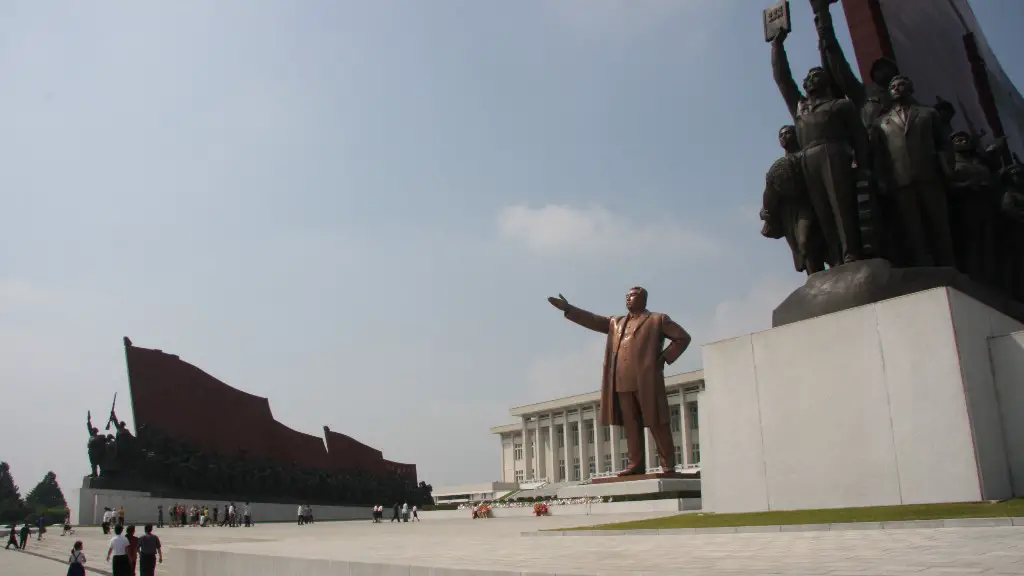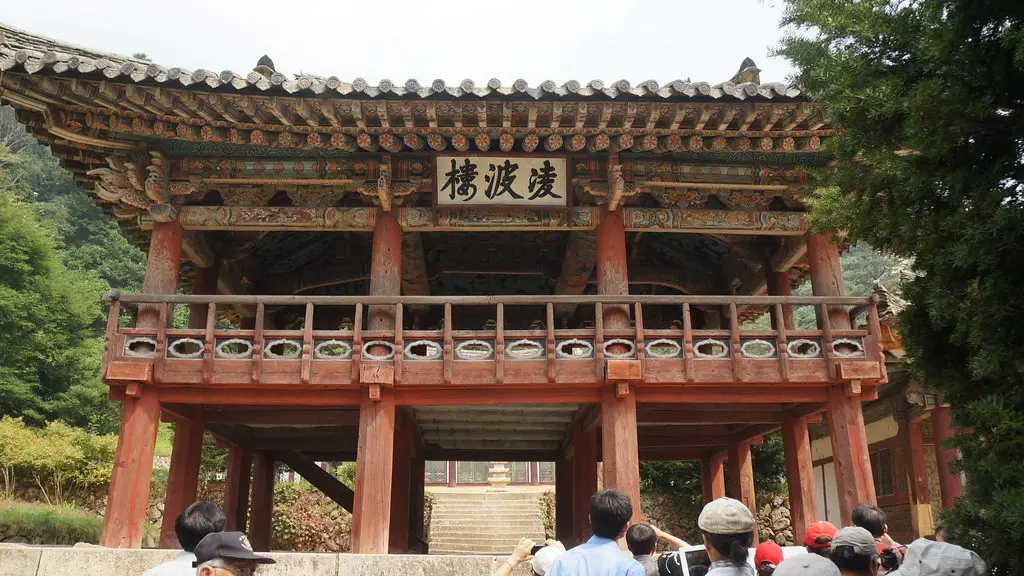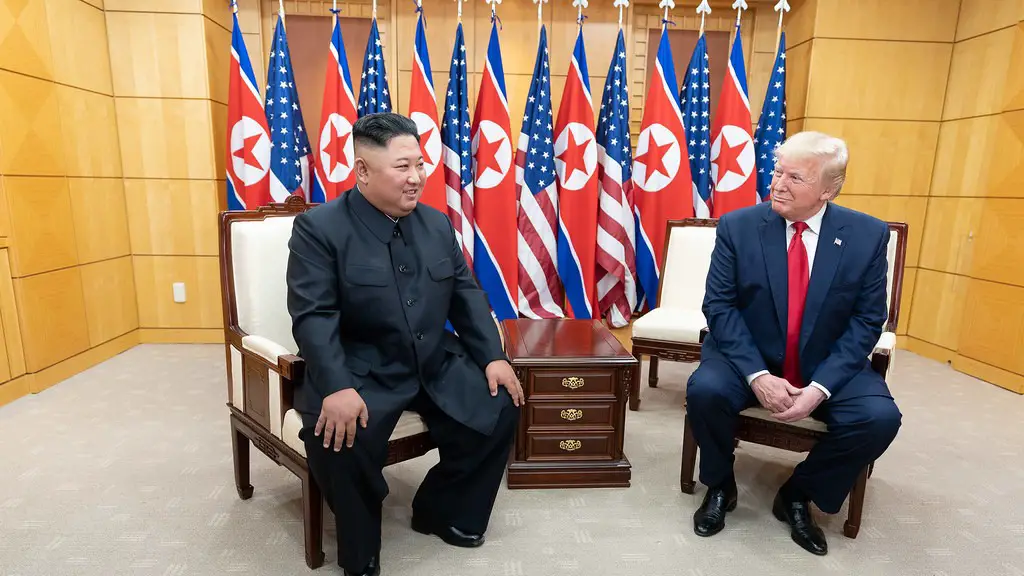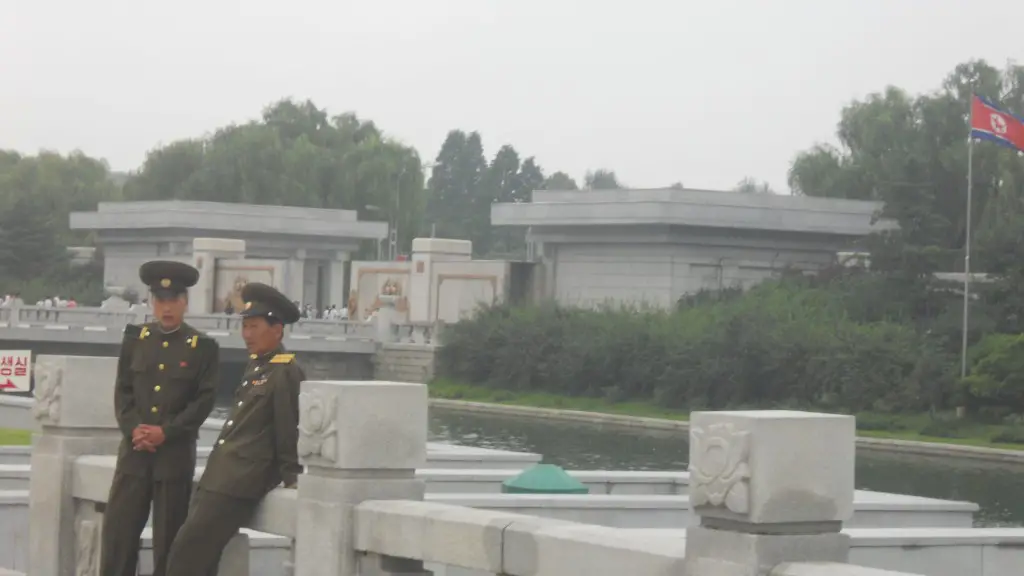North Korea is the subject of much international attention lately, in respect to the increasing activities of their military and in particular their development of nuclear weapons. This has led to increased speculation that North Korea is potentially planning a nuclear attack on their neighbor countries, or the United States of America.
As North Korea is known for its secrecy and its reluctance to cooperate with the international community, speculation of a nuclear attack rocks any conversation. The only available evidence to the public comes from various satellite images that show the progress of their nuclear weapons programme.
The exact purpose of their nuclear programme has been questioned by international leaders and academic experts. Jonathan Pollack of the Brookings Institution says that the government is likely not aiming to use the weapons but could very plausibly use them as a deterrent. “North Korea wants to keep the world guessing that it might employ the bomb in a directed attack at the U.S. or elsewhere; more likely, the intent is to increase political dividends and diplomatic pressure” he said.
Others are sceptical that the North Korean leader Kim Jong-un is in fact motivated by very different goals. John Barry from the Center for American Progress believes that North Korea is trying to pressure the Trump Administration into a deal — potentially lifting sanctions, allowing for more trade, or even the start of diplomatic relations. “Kim does not necessarily want war; what he wants, we believe, is a peace process on his terms,” said Barry.
Whichever perspective one subscribes to, North Korea’s nuclear weapons programme makes it a huge threat and should not be taken lightly. Their recent short-range missile tests targeting Japan are a clear indication that they are willing to use force – particularly as a way of garnering international attention. South Korea’s Defense Ministry has already warned that the “threat of North Korea’s nuclear and missile strike is real and actual”.
Role of the International Community
The international community, particularly the United Nations, has done much to contain North Korea and monitor their activities. U.N. Security Council resolutions have imposed multiple trade sanctions and a ban on missile testing, with the ultimate goal being to put an end to North Korea’s development of nuclear weapons. The settlement of peace is further contingent on the establishment of diplomatic relations between North Korea, the U.S. and other countries.
Despite the threat, the United Nations and the international community must keep their commitment and continue to protect the human rights of the North Korean people. The only way to ensure peace and security is the diplomatic resolution of all disputes, while maintaining the economic and human rights of all societies.
Karen Smith, the United Nations Under-Secretary-General for Disarmament Affairs, has spoken out against North Korea’s nuclear weapons programme. She believes that North Korea’s nuclear activities are a threat to international peace and security and calls for a peaceful settlement of the current dispute. Smith has also urged North Korea to comply with United Nations Security Council resolutions and to abandon their unlawful activities.
Ultimately, Smith believes that the only way to resolve the conflict is by negotiating a comprehensive and verifiable peace agreement between North Korea and the U.S. or other countries. “If that doesn’t happen, we risk a dangerous situation,” she said.
Geo-Political Implications
North Korea’s actions also have serious geo-political implications and could trigger an international conflict. If a country such as the U.S. were to threaten military action against North Korea, it could escalate tensions and lead to conflict. This is particularly worrying given that North Korea shares a border with South Korea, a U.S. ally.
The prospect of regional instability is not only a concern for the countries themselves, but also for organisations such as the United Nations. Kyle Ansel, an Asia expert for the International Crisis Group believes that any armed conflict initiated by North Korea would have a “devastating effect” on the region. He fears that North Korea’s nuclear weapons may eventually be used in a conflict, increasing the risk of catastrophe.
In addition, North Korea’s nuclear weapons programme could have detrimental effects on other countries in the region. Richard Bush, former chairman of the American Enterprise Institute, believes that North Korea’s actions could potentially jeopardise U.S. relationships with countries such as China and Japan. He argues that if the U.S. were to take action against North Korea, its relationship with other countries in the region would suffer.
To reduce the risk of conflict and ensure the safety of the region, the international community must work together to find a peaceful solution. To achieve this, negotiating a peace agreement is an essential step forward. This agreement should guarantee the safety of North Korea, its neighbours and the rest of the world.
Economic Impact
There is also the potential for economic disruption in the region, if North Korea were to make a nuclear attack. It doesn’t take much to disrupt the fragile economy of a region. South Korea’s economy is heavily dependent on trade and economic ties with China and Japan. Any conflict with North Korea could disrupt trade and economic growth in the region.
The U.S. could also suffer economic damage if North Korea were to launch a nuclear attack. U.S. companies such as Apple, Microsoft, Walmart and Boeing all have a significant presence in the region, and any conflict could lead to a decrease in their profits and stock prices.
Therefore, to protect the region from economic disruption, it is essential for an international peace agreement to be established. This would protect not only the well-being of the people in the region, but also the economic stability of the countries involved.
Sanctions in Place
The international community has imposed various forms of sanctions on North Korea in an effort to limit the country’s nuclear development. Sanctions have been imposed on North Korea’s import and export of certain goods, such as military equipment and nuclear materials. The United Nations Security Council has also imposed economic and financial sanctions on North Korea in response to their nuclear activities.
The global community has to a certain degree been successful in limiting North Korea’s nuclear development. For example, the Missile Technology Control Regime (MTCR) has reduced the number of new missile technologies that North Korea has been able to purchase. Nonetheless, there is still much that could be done to further limit their nuclear capabilities.
The international community should also push for increased transparency in North Korea’s activities. This would increase confidence in the international community that North Korea is not pursuing any hostile activities or plans, and would help to reduce the risk of a nuclear attack.
North Korea’s Nuclear Weapons and International Law
The development and proliferation of nuclear weapons by North Korea has also attracted attention from the international law community. International law requires that countries sign the Treaty on the Non-Proliferation of Nuclear Weapons (NPT) and refrain from using nuclear weapons. North Korea is not a signatory to the NPT and has thus not agreed to follow international law.
In addition, international law prohibits countries from assisting in the development and acquisition of nuclear weapons by other countries. Nonetheless, some members of the international community have assisted North Korea in their nuclear weapons programme, by providing technology and other forms of support.
The international community has to do more to ensure that North Korea is in compliance with international law. Furthermore, all countries involved in the conflict must ensure that they are in compliance with international law in order to avoid further escalation of the situation.
Future of the Region
The future of the region depends on the ability of the international community to prevent a nuclear attack by North Korea. North Korea has shown that it is willing to use its nuclear weapons if necessary, and therefore the rest of the world must take the necessary steps to prevent such a situation from occurring.
The most effective way to achieve this is through diplomacy and negotiation. All sides must be willing to put aside their differences and work together towards a peaceful resolution of the conflict. This will require compromise and patience from all involved, but it is the only way to ensure that the region is safe.
The ultimate goal of the international community must be to find a long-term solution to the conflict. This will involve an agreement between the parties that limits North Korea’s nuclear weapons programme, while also ensuring its security and economic stability.
The international community must also ensure that all countries in the region are able to live in peace and security. This will require effective diplomatic and economic cooperation, as well as the implementation of effective measures to prevent any further nuclear development by North Korea.




